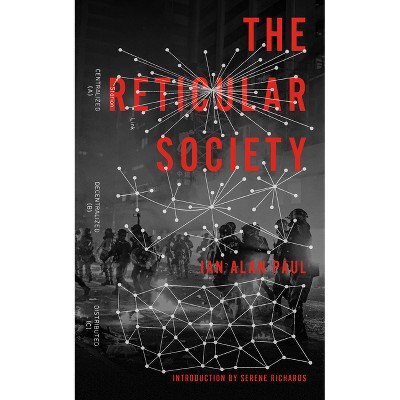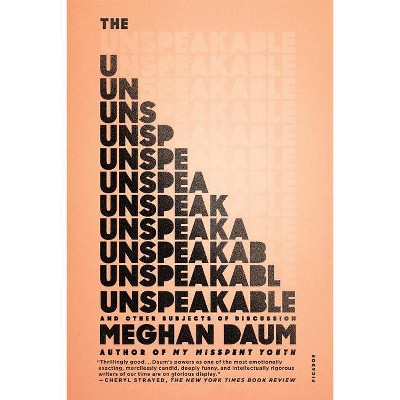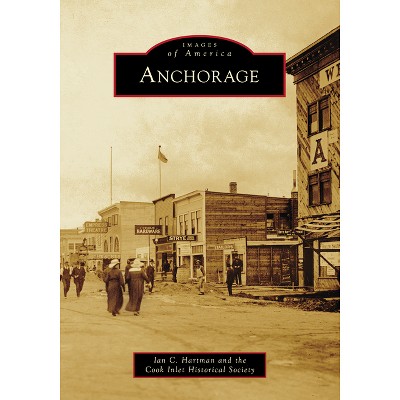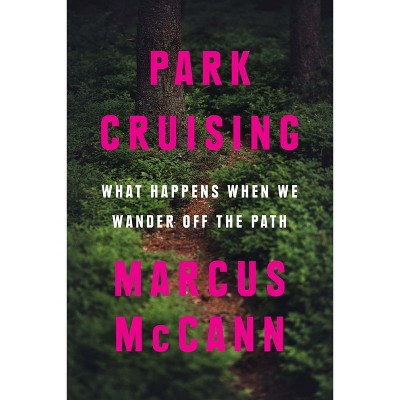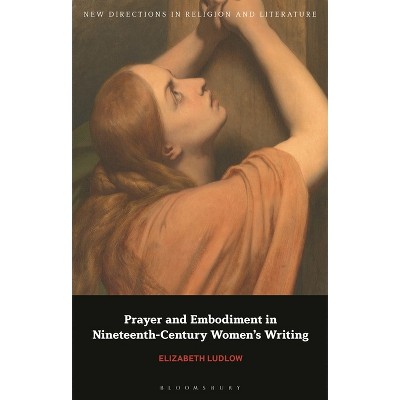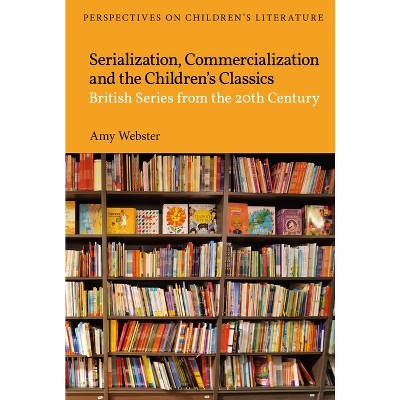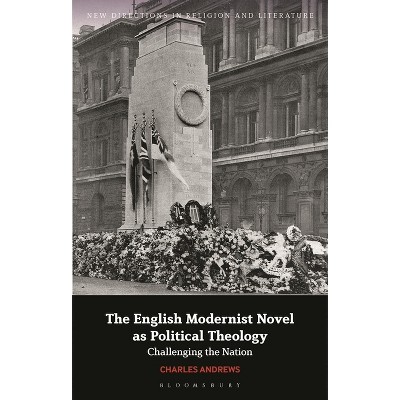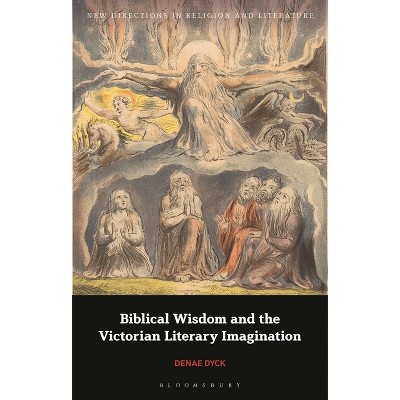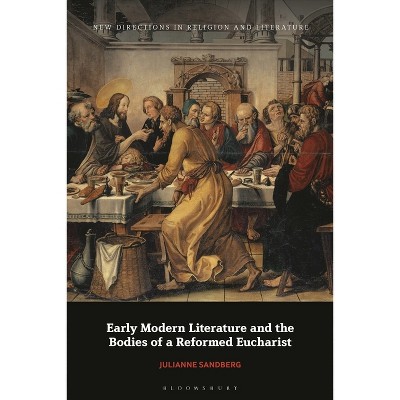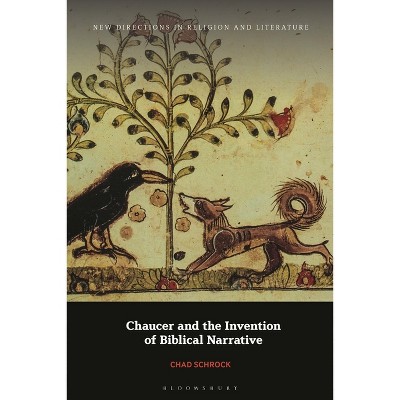Sponsored

The Politics of Disinterestedness in Nineteenth-Century Literature - by Natalie Roxburgh (Hardcover)
$90.99
In Stock
Eligible for registries and wish lists
Sponsored
About this item
Highlights
- The Politics of Disinterestedness in Nineteenth-Century Literature historicizes the concept of disinterestedness by examining discourses on political economy during and before the 19th century.
- About the Author: Natalie Roxburgh is Senior Lecturer of English Literary and Cultural Studies at the University of Hamburg, Germany.
- 192 Pages
- Literary Criticism, European
Description
About the Book
Provides new formalist readings of three canonical authors by historizing the politics of disinterestedness in the 19th century.Book Synopsis
The Politics of Disinterestedness in Nineteenth-Century Literature historicizes the concept of disinterestedness by examining discourses on political economy during and before the 19th century. It argues that certain literary texts respond to the way all interests are transformed into economic interests during this period. It also shows that this has implications for aesthetics and questions of aesthetic autonomy, in which discourses on disinterestedness are tied up.Through a New Formalist approach, Natalie Roxburgh provides fresh readings of texts by Robert Browning, George Eliot, and Oscar Wilde, whose respective oeuvres demonstrate an attention to the formal affordances of literary disinterestedness that compete with-and critically assess-other versions. Browning develops a dramatic monologue so that the reader is enticed to re-read his poems; Eliot cultivates the problematic character who must struggle with her desire within a larger play of interests in a way that evolves the realist Condition of England novel; and Wilde experiments with the blending of genres in his critical essays by rendering them as dramatic dialogues that serve as contemplative mechanisms for playing with a multiplicity of interests, which he explores in terms of influence.
Reading these canonical authors through the politics of disinterestedness sheds new light on literary value and, in particular, the formal techniques seen as important by the end of the 19th century, just as liberal democracy emerged in Britain.
Review Quotes
A rigorous and rangy book that is full of new insights into 19th-century literature, culture, and ideas. The writing is demanding and pleasurable in equal measure. It is omnivorous in its engagement with the history of economic, scientific, and philosophical thought without ever losing its desire to show how literature sits at the heart of intellectual life of the 19th century.
Andrew Hodgson, Senior Lecturer in Poetry, Birmingham University, UK
In this excellent new study, Natalie Roxburgh focuses not primarily on the aesthetic, but rather on the political, economic, formal, and stylistic valences of disinterestedness in 19th-century English literature. Her argument-pursued through the works of Browning, Eliot, Wilde, and many others-creates surprising resonances that become brilliantly illuminating as the argument unfolds.
Carolyn Williams, Distinguished Professor of English, Rutgers University, USA
About the Author
Natalie Roxburgh is Senior Lecturer of English Literary and Cultural Studies at the University of Hamburg, Germany. She is author of Representing Public Credit: Credible Commitment, Fiction, and the Rise of the Financial Subject (2016) and co-editor of Psychopharmacology in British Literature and Culture (2020).Dimensions (Overall): 9.0 Inches (H) x 6.0 Inches (W) x .5 Inches (D)
Weight: .94 Pounds
Suggested Age: 22 Years and Up
Number of Pages: 192
Genre: Literary Criticism
Sub-Genre: European
Publisher: Bloomsbury Academic
Theme: English, Irish, Scottish, Welsh
Format: Hardcover
Author: Natalie Roxburgh
Language: English
Street Date: May 1, 2025
TCIN: 1004579244
UPC: 9798765134986
Item Number (DPCI): 247-06-5180
Origin: Made in the USA or Imported
If the item details aren’t accurate or complete, we want to know about it.
Shipping details
Estimated ship dimensions: 0.5 inches length x 6 inches width x 9 inches height
Estimated ship weight: 0.94 pounds
We regret that this item cannot be shipped to PO Boxes.
This item cannot be shipped to the following locations: American Samoa (see also separate entry under AS), Guam (see also separate entry under GU), Northern Mariana Islands, Puerto Rico (see also separate entry under PR), United States Minor Outlying Islands, Virgin Islands, U.S., APO/FPO
Return details
This item can be returned to any Target store or Target.com.
This item must be returned within 90 days of the date it was purchased in store, shipped, delivered by a Shipt shopper, or made ready for pickup.
See the return policy for complete information.
Frequently bought together

$13.98 - $17.29
Lower price on select items
4.7 out of 5 stars with 509 ratings
